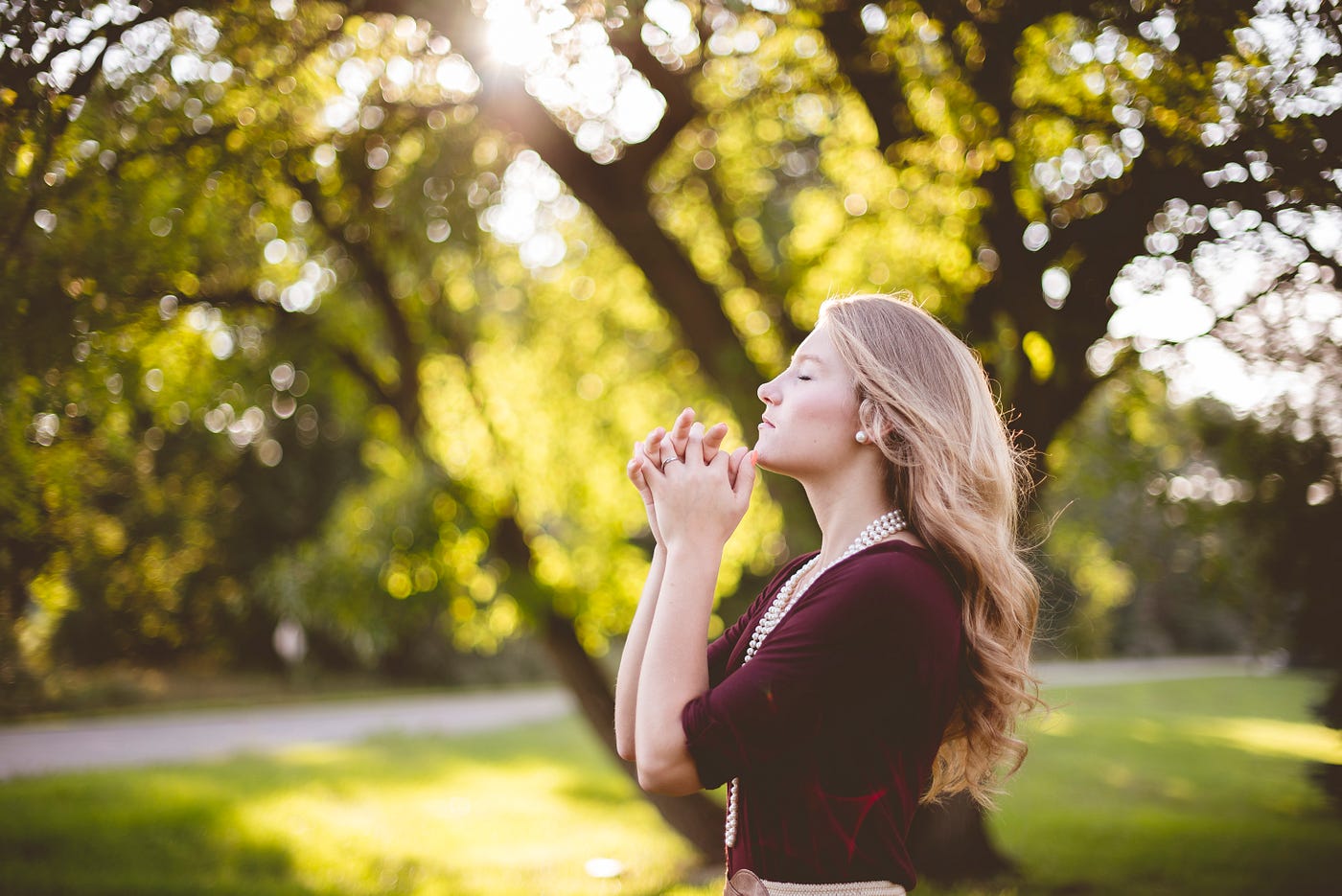
RELIGION
As many as 20 percent of the Yoruba still practice the traditional religions of their ancestors.
The practice of traditional religion varies from community to community. For example, a deity (god) may be male in one village and female in another. Yoruba traditional religion holds that there is one supreme being and hundreds of orisha, or minor deities. The worshipers of a deity are referred to as his "children."
There are three gods who are available to all. Olorun (Sky God) is the high god, the Creator. One may call on him with prayers or by pouring water on kola nuts on the ground. Eshu (also called Legba by some) is the divine messenger who delivers sacrifices to Olorun after they are placed at his shrine. Everyone prays frequently to this deity.
Ifa is the God of Divination, who interprets the wishes of Olorun to mankind. Believers in the Yoruba religion turn to Ifa in times of trouble. Another god, Ogun (god of war, the hunt, and metalworking), is considered one of the most important. In Yoruba courts, people who follow traditional beliefs swear to give truthful testimony by kissing a machete sacred to Ogun.
Shango (also spelled Sango) is the deity that creates thunder. The Yoruba believe that when thunder and lightning strike, Shango has thrown a thunderstone to earth. After a thunderstorm, Yoruba religious leaders search the ground for the thunderstone, which is believed to have special powers. The stones are housed in shrines dedicated to Shango. Shango has four wives, each representing a river in Nigeria.
The Yoruba who practice other religious are divided about evenly between Muslims (followers of Islam) and Christians. Nearly all Yoruba still observe annual festivals and other traditional religious practices.
